Bali’s Crossroads
Bali, an island long renowned for its beauty, culture, and spirituality, now stands at a critical juncture. Over the years, rapid development, primarily driven by tourism, has brought with it both opportunities and challenges. Bali has become a hotspot for travellers and investors alike, drawn by its unique blend of tropical landscapes, affordable living, and a vibrant culture. However, with the island’s growing popularity, the consequences of unchecked development are becoming increasingly difficult to ignore.
In recent months, a proposal has emerged to impose a moratorium on new hotel construction, particularly in South Bali, a region already saturated with tourist accommodation. The moratorium is viewed by many as a necessary step towards sustainable development, but it has sparked a debate among government officials, industry leaders, and local communities. In this article, we will explore the perspectives of key actors involved in the debate and examine the implications for Bali’s future.
Sandiaga Uno: Balancing Growth with Sustainability
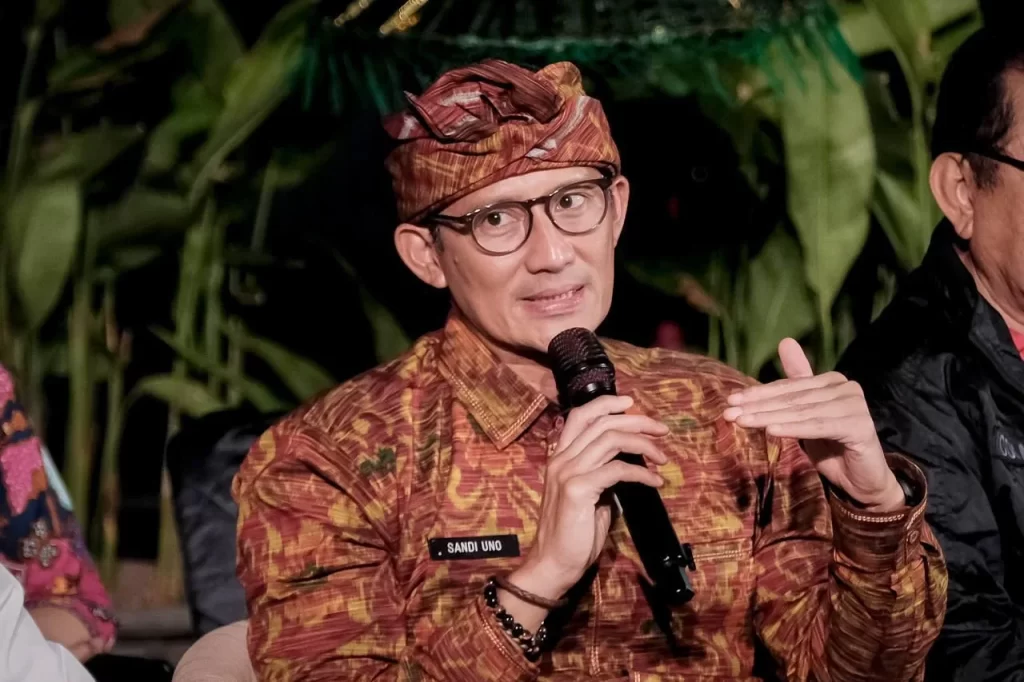
Sandiaga Uno, Indonesia’s Minister of Tourism and Creative Economy, plays a pivotal role in shaping the country’s tourism policies. His primary concern is finding a balance between Bali’s economic growth and the long-term sustainability of its tourism industry. He has publicly supported the proposed hotel moratorium, citing the need to ensure that new developments are environmentally responsible and considerate of Bali’s future.
Sandiaga has emphasised that Bali’s southern region, particularly the Sarbagita area (which includes Denpasar, Badung, Gianyar, and Tabanan), is experiencing disproportionate development pressure. He believes that while tourism is vital for Bali’s economy, not all areas should be treated equally in terms of development. Sandiaga advocates for a more individualised approach, recognising that regions like Badung may face different challenges compared to Tabanan. His goal is to create a policy that accounts for these nuances, while also prioritising sustainability in tourism development.
“Many tourism accommodation facilities, such as newly-built hotels and villas, are not making adequate considerations for the environment and long-term sustainability,” he stated, reinforcing the government’s commitment to a sustainable future for Bali.
Luhut Binsar Pandjaitan: A Long-Term Vision for Bali’s Development
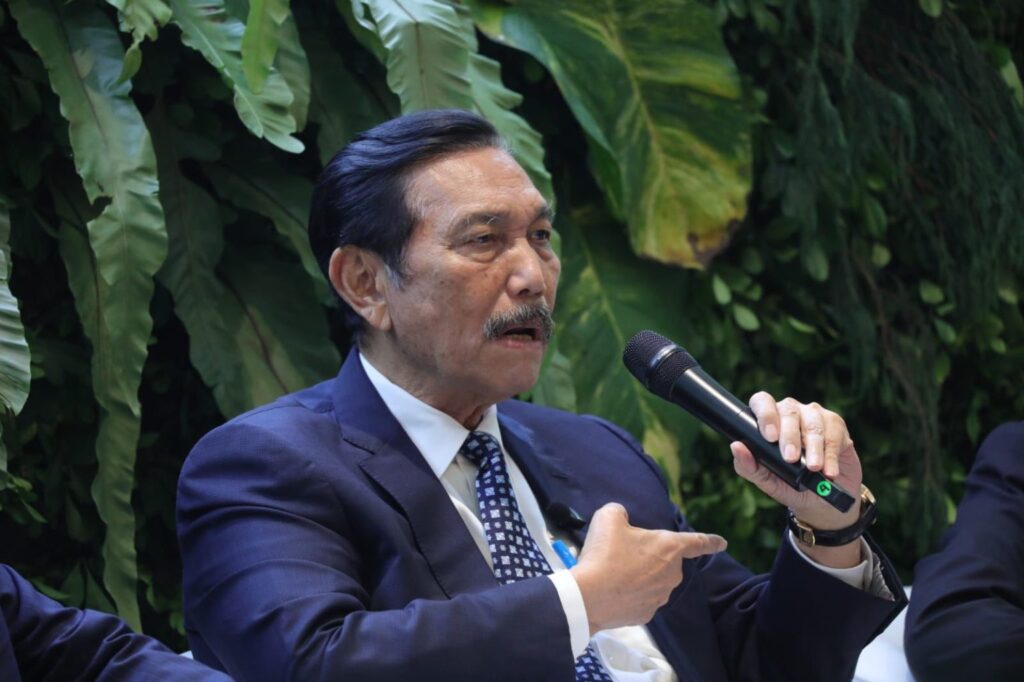
Luhut Binsar Pandjaitan, the Coordinating Minister for Maritime Affairs and Investment, brings a broader, national perspective to the debate. Known for his strategic oversight of Indonesia’s maritime and investment policies, Luhut is a key advocate for the moratorium, suggesting it could last for up to 10 years. His focus is on controlling the conversion of agricultural land into hotels, villas, and other commercial properties.
Luhut’s concerns extend beyond tourism. He has expressed unease about the growing number of foreign nationals residing in Bali, who contribute to job competition, overdevelopment, and even crime. According to Luhut, Bali’s infrastructure is under strain, and foreign investment must be channelled in a way that benefits local communities rather than exacerbating existing issues.
For Luhut, the moratorium represents an opportunity to pause and rethink Bali’s development trajectory. He believes that strict regulations and law enforcement are essential to ensure that Bali’s natural and cultural assets are preserved. His stance is clear: Bali must develop in a way that supports sustainability, local livelihoods, and the island’s long-term prosperity.
I Gusti Ngurah Rai Suryawijaya: The Voice of Bali’s Hotel Industry
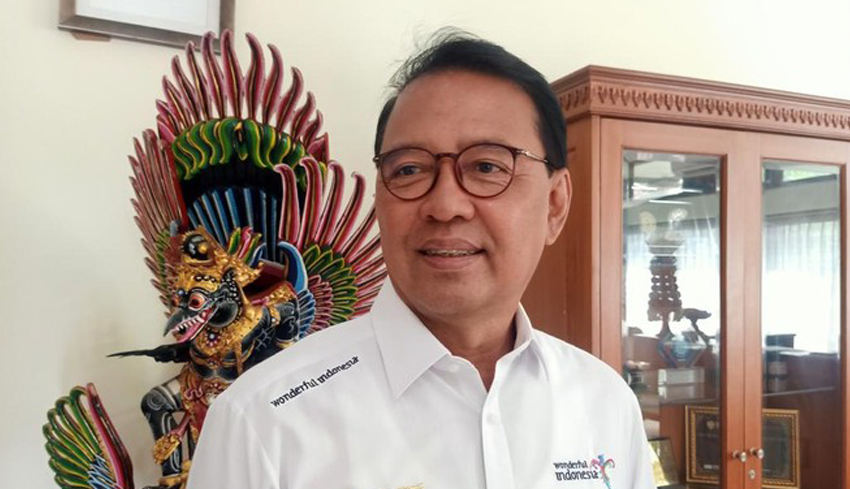
Representing Bali’s hospitality industry, I Gusti Ngurah Rai Suryawijaya, the Vice Chairman of the Indonesia Hotel & Restaurant Association (Bali Chapter), offers a unique perspective on the proposed moratorium. While supportive of the idea, Suryawijaya stresses that a temporary halt on new hotel construction will only be effective if it is accompanied by strict regulations and robust enforcement mechanisms.
“The key to the success of the moratorium is strict law enforcement and regulations,” he said, emphasising that without proper oversight, the moratorium would merely delay further environmental degradation rather than address the root causes. Suryawijaya believes that the government must implement sustainable tourism principles alongside the moratorium to ensure long-term success.
His perspective underscores the importance of a comprehensive approach. While a pause in development may provide short-term relief, without clear spatial planning and sustainable policies, the long-term issues facing Bali will remain unresolved.
Eduard Rudolf Pangkerego: A Call for Community Involvement
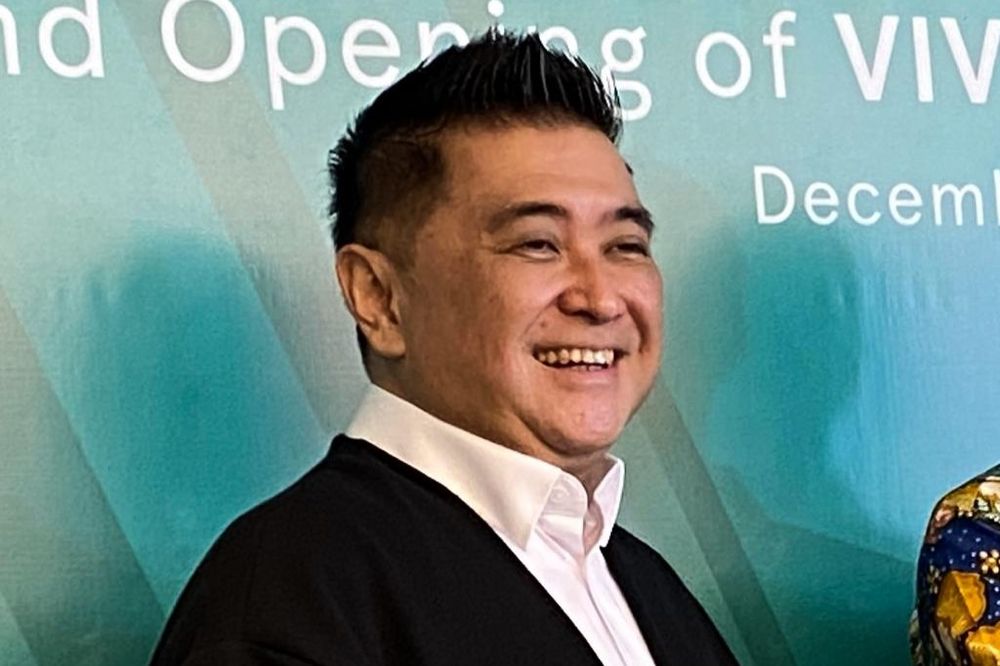
Eduard Rudolf Pangkerego, COO of the Artotel Group, represents the hospitality business side of the debate. Pangkerego supports the moratorium, recognising the need to address Bali’s overdevelopment. However, he warns that the moratorium must be implemented carefully to avoid negatively impacting the business climate in Bali.
Pangkerego stresses the importance of involving the local community in monitoring and reporting violations of the new regulations. He also calls for better coordination between central and local governments, ensuring that policies are not only well-intentioned but also effectively enforced. Drawing on the example of Yogyakarta, which successfully re-planned its tourism development through a similar moratorium, Pangkerego believes that Bali can follow suit—provided the implementation is thorough and collaborative.
“Details and implementation should not come at the last minute, as doing so would impact the business climate in Bali,” Pangkerego said, highlighting the importance of clarity and communication in any new policies.
Sang Made Mahendra Jaya: Bali’s Local Government Perspective
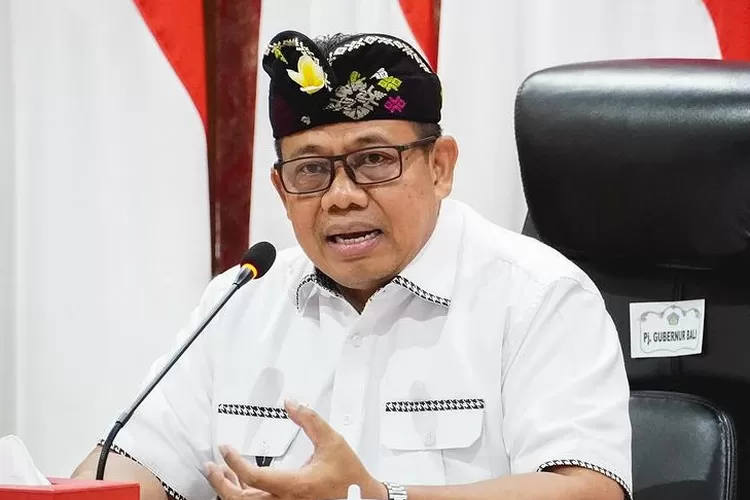
As Bali’s interim governor, Sang Made Mahendra Jaya is deeply invested in the island’s future. He proposed the moratorium to the central government, focusing on Bali’s most heavily developed regions—Denpasar, Badung, Gianyar, and Tabanan. His primary concern is the conversion of agricultural lands into commercial developments, which he believes is eroding Bali’s natural beauty and cultural heritage.
Mahendra Jaya envisions a 1-2 year moratorium as a way to halt the rapid pace of development and give the government time to evaluate Bali’s needs. He believes that preserving agricultural land and promoting “quality tourism” will help maintain Bali’s cultural identity while supporting long-term economic growth.
“The provincial administration of Bali has made a recommendation… to preserve and promote quality tourism,” he said, highlighting the need for thoughtful, measured development that aligns with Bali’s unique characteristics.
Megawati Soekarnoputri: A Call to Preserve Bali’s Cultural Heritage
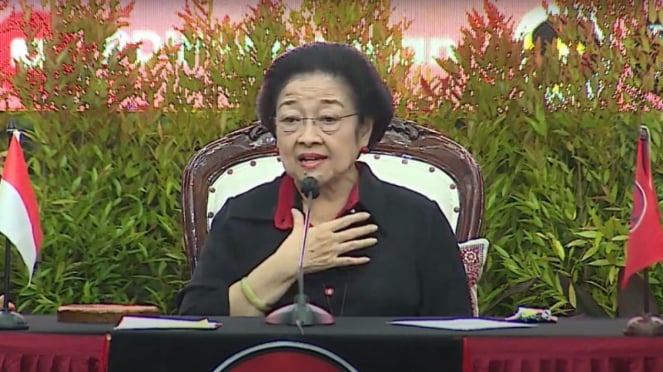
Megawati Soekarnoputri, former president of Indonesia and current Chairperson of the PDIP, brings a deeply personal perspective to the debate. Her connection to Bali, through her Balinese grandmother, adds a layer of cultural significance to her calls for a moratorium on hotel construction. For Megawati, the rapid pace of development threatens not only Bali’s environment but also its cultural heritage.
Reflecting on her childhood memories of Bali, Megawati lamented the disappearance of rice terraces, the changing climate, and the loss of traditional sounds. She also pointed out that many of the large hotels in Bali are not owned by native-born Balinese, raising concerns about equity and local representation in the island’s tourism industry.
Her call for a moratorium is not new. Megawati first raised the issue in the 1990s, and her stance has remained consistent. She advocates for a halt to new hotel construction and greater protection for Bali’s agricultural lands. Her goal is to ensure that Bali’s development benefits local communities and preserves the island’s rich cultural history.
What Does This Mean for Bali’s Future?
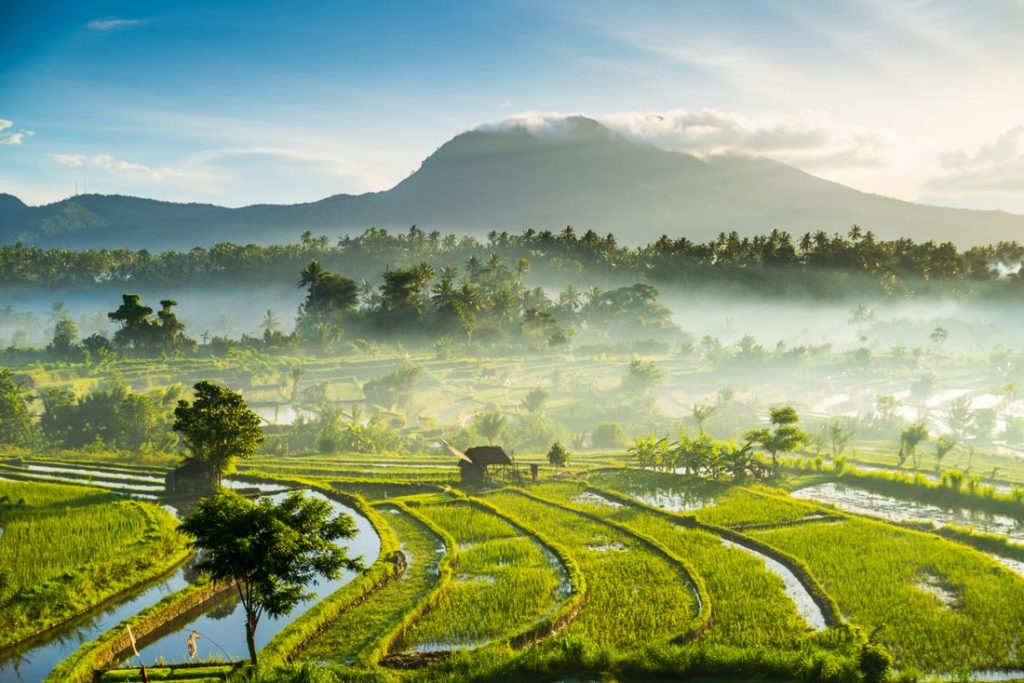
The proposed moratorium on new hotel construction in Bali is a complex issue, with far-reaching implications for the island’s future. Each of the actors we have discussed brings a unique perspective to the table, highlighting the competing interests and challenges involved in balancing development with sustainability.
On one hand, government officials like Sandiaga Uno and Luhut Pandjaitan are focused on creating policies that promote long-term sustainability while supporting Bali’s tourism-driven economy. On the other, industry insiders like I Gusti Ngurah Rai Suryawijaya and Eduard Rudolf Pangkerego are concerned about the practicalities of implementing a moratorium without harming the business climate.
Local leaders like Sang Made Mahendra Jaya and cultural figures like Megawati Soekarnoputri bring a more personal, community-focused perspective. They argue that Bali’s development must prioritise the preservation of its cultural and natural heritage, ensuring that the benefits of tourism are felt by local communities rather than outside investors.
Conclusion: What’s Next?
Bali’s future is at a crossroads. The decisions made in the coming months and years will determine whether the island continues on its current path of rapid, unchecked development or pivots towards a more sustainable, ethical model of growth. What is clear is that there are no easy answers. Bali’s leaders, businesses, and communities must work together to find a balance that protects the island’s unique identity while supporting its economic needs.
At TraceWorthy, we believe in supporting businesses that contribute to Bali’s long-term sustainability. Whether you are an investor, a business owner, or a community member, we are here to help you navigate the complexities of Bali’s evolving regulatory landscape. Contact us to learn more about how you can contribute to ethical and sustainable development in Bali.
Stay tuned for our upcoming series of articles, where we will dive deeper into the issues of sustainable development, ethical investment, and what it means for the future of Bali.
#Bali #SustainableTourism #EthicalInvestment #TourismDevelopment #BusinessConsulting #TraceWorthy #BusinessIsPersonal #BaliMoratorium #StopOverdevelopment #BaliTourism

